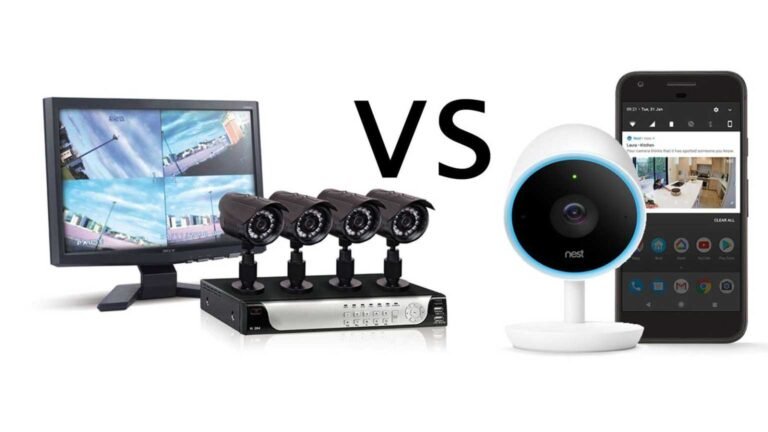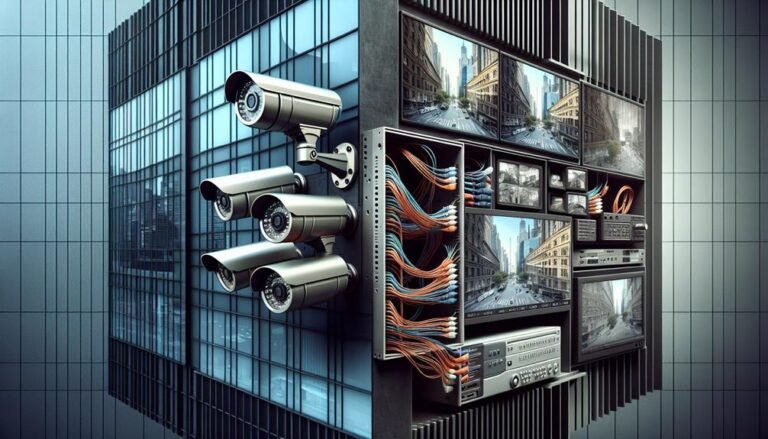Digital CCTV Vs Analog CCTV : Similarites and Differences

A Digital Video Recorder (DVR) is a vital device in the realm of surveillance, used primarily with analog cameras to record, store, and manage video footage. DVRs have been a staple in security systems for years, providing a reliable means of monitoring and reviewing activities in various environments, including homes, businesses, and public spaces.
One of the primary functions of a DVR is to digitize analog video signals from cameras. This process involves converting the analog signals into a digital format, which is then stored on hard drives within the DVR. This digital storage allows for easy retrieval and playback of recorded footage, making it an essential tool for reviewing incidents and conducting investigations.
DVRs typically offer several channels, allowing multiple cameras to be connected and recorded simultaneously. Depending on the model, DVRs can support a range of channel counts, from four to 32 or more, catering to different surveillance needs. This multi-channel capability makes DVRs suitable for both small-scale and large-scale security systems.
The video quality of DVRs has improved significantly over the years. While early models supported standard-definition (SD) video, modern DVRs often support high-definition (HD) video, providing clearer and more detailed footage. This enhancement is crucial for identifying individuals, license plates, and other critical details in the recorded video.
DVRs also come equipped with various features to enhance their functionality. Motion detection is a common feature, enabling the DVR to start recording only when movement is detected, thereby saving storage space and making it easier to review relevant footage. Additionally, many DVRs offer remote access capabilities, allowing users to view live and recorded video from smartphones, tablets, or computers, providing flexibility and convenience for monitoring activities from anywhere.
Despite their many advantages, DVRs face limitations compared to Network Video Recorders (NVRs). DVRs are generally less flexible in terms of scalability and integration with modern IP cameras. However, they remain a cost-effective solution for those with existing analog systems or those who do not require the advanced features of IP-based systems.
In conclusion, DVRs are a fundamental component of traditional surveillance systems, offering reliable video recording, storage, and management for analog cameras. Their multi-channel support, improved video quality, and advanced features make them a practical choice for various security applications, ensuring that critical footage is captured and easily accessible for review.


